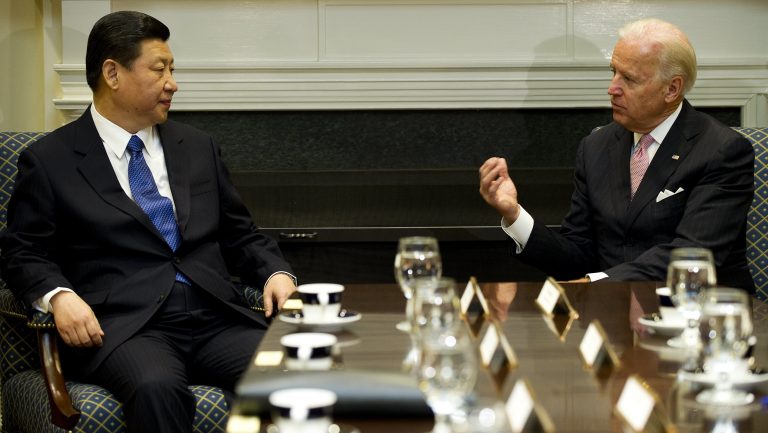U.S. president, Joe Biden, spoke with China’s Xi Jinping on Thursday, Sept. 9 amidst growing tensions between the two superpowers.
The call, initiated by the Biden administration, was only the second time since Biden was inaugurated that the two leaders had spoken.
In a statement, issued by the White House’s Briefing Room the call was described as a “strategic discussion” in which the two leaders discussed areas where “interests converge” as well as where “interests, values, and perspectives diverge.”
The call comes at a time when issues between the two nations are numerous including cybersecurity breaches originating in China, Beijing’s handling of the coronavirus pandemic and trade practices, by the Chinese, that have been described as “coercive and unfair.”
Prior to the call, a senior administration official with the White House stated that the White House “has been unsatisfied with early engagements with the Chinese.”
Success
You are now signed up for our newsletter
Success
Check your email to complete sign up
The 90-minute call was made in the hopes of improving ongoing efforts to “responsibly manage the competition between the United States and the People’s Republic of China (PRC),” and to inspire cooperation on issues of mutual concern including climate change and preventing a nuclear crisis on the Korean Peninsula.
According to the Xinhua news agency — a state-run media organization in China — Xi started the call by expressing “sympathy to Biden and the American people over the human and economic toll in multiple places in the United States caused by Hurricane Ida.”
But the call quickly turned to contentious issues with Biden stating that the U.S. had no intention of moving away from his administration’s policy stance of pressuring China on human rights issues as well as trade and other areas where it believes China is acting outside international norms and standards.
Biden noted that the world is changing fast and said that U.S.-China relations are the most consequential in the world and that the future of the world will depend on how the United States and China cooperates.
“President Biden underscored the United States’ enduring interest in peace, stability, and prosperity in the Indo-Pacific and the world and the two leaders discussed the responsibility of both nations to ensure competition does not veer into conflict,” the White House said.














